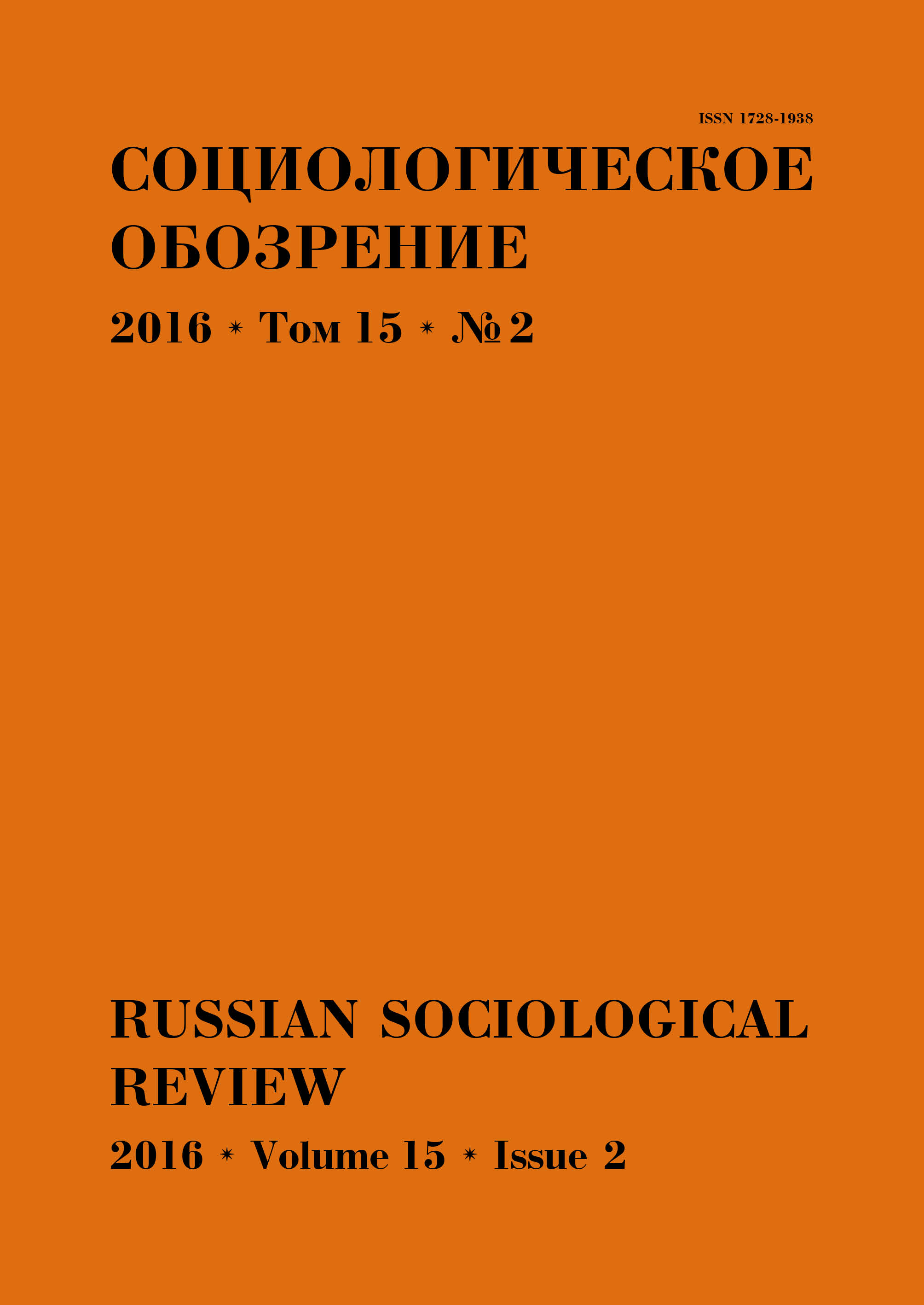Erving Goffman’s Gaming Concept of Everyday Life: Between Symbolic Interactionism and Ethnomethodology
Keywords:
ethnomethodology, gaming metaphor, gaming encounter, spontaneous involvement, euphoria function, dramaturgical approach, symbolic interactionism
Abstract
The dramaturgical metaphor is inseparably linked with Erving Goffman’s research optics. However, since the early 1960s, Goffman has distanced himself from the dramaturgical approach, and searched for a new source for theorizing. For Goffman, games became one of such sources. Despite the wide arsenal of analytical concepts and research experience formed during this period, Goffman is not perceived as a game theoretician, and his approach to the study of everyday life through the gaming metaphor has not found popularity among researchers of gamification practices. The article aims to reveal the theoretical potential of Erving Goffman’s gaming encounter by briefly marking the main collisions of his approach with adjacent areas, although mostly with symbolic interactionism and ethnomethodology. We conclude that, unlike symbolic interactionism, the gaming concept tends to limit the extent of penetration of the symbolic content of interactions; a sequence of moves and results of an encounter only makes sense because of the recursive interpretation of the participants. In contrast, Goffman points out that the outcome of the gaming encounter depends on the previous sequence of moves and the situationally-available set of events. Ethnomethodologists note that everyday life is not interrupted during breaks and is not played by the rules, like games. According to Goffman, the gaming interaction eventually has an interrupted temporality, which, however, does not imply strategic timeouts. In turn, the existing gap with game theory is explained by the fact that Goffman deliberately excludes the strict calculation of everyday life interactions, leaving a significant role for the indeterminate. Despite the fact that Goffman’s concept is both close to one and then to another approach for the same reasons and causes many authors to try to find the similarities between them, it retains the original analytical advantages.Downloads
Download data is not yet available.
Published
2016-06-30
How to Cite
ГлазковК. (2016). Erving Goffman’s Gaming Concept of Everyday Life: Between Symbolic Interactionism and Ethnomethodology. Russian Sociological Review, 15(2), 167-191. Retrieved from https://ojs.hse.ru/index.php/sociologica/article/view/27
Issue
Section
Ethnomethodology and conversation analysis




